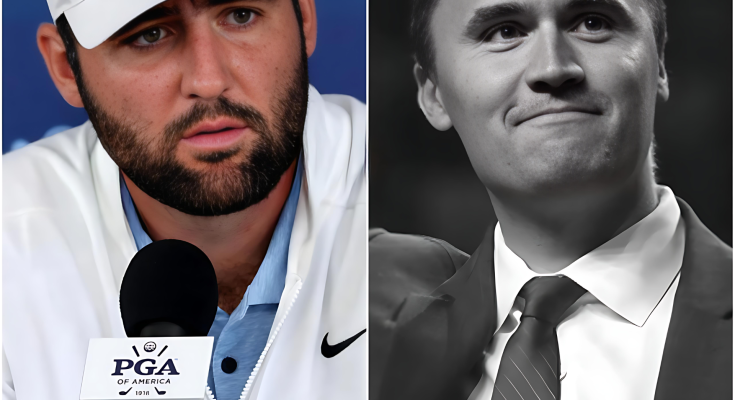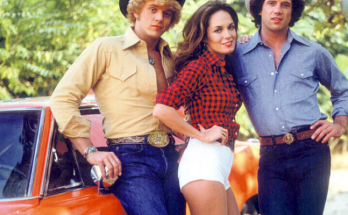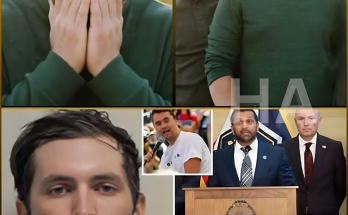The sports world has always been more than just competition—it has often been a platform for unity, healing, and shared purpose in times of national tragedy. In the wake of the shocking assassination of political commentator Charlie Kirk, golf superstar Scottie Scheffler has stepped into the spotlight, not for his accomplishments on the course, but for a call to collective remembrance. His message was simple yet profound: a nationwide moment of silence across all sports, a gesture he believes can bring people together at a time when division feels more present than ever.
Scheffler, known for his calm demeanor and grounded personality, addressed the media with visible emotion. “This isn’t about politics, sides, or differences. This is about remembering a life lost and reminding ourselves that as Americans, we are stronger when we stand together.” His words echoed beyond the golf course, resonating with athletes, coaches, and fans across the country.
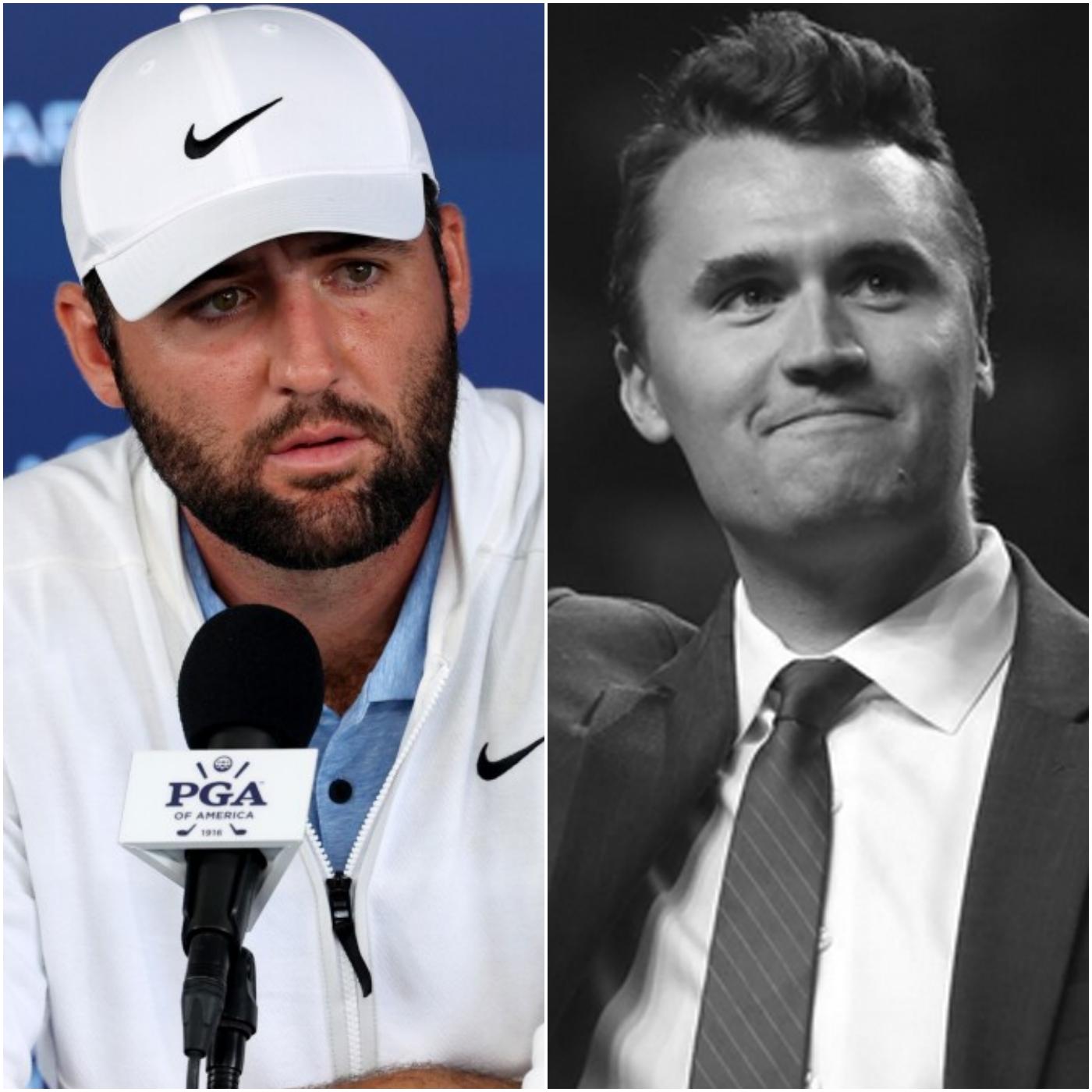
The timing of his call could not have been more significant. Sports leagues from football to basketball were already grappling with how to respond to the shocking event. While some debated whether sports should even acknowledge political tragedies, Scheffler’s plea cut through the noise, offering a unifying path forward. By asking for silence—a universal act of respect—he provided a way for sports to serve as a bridge, not a battlefield.
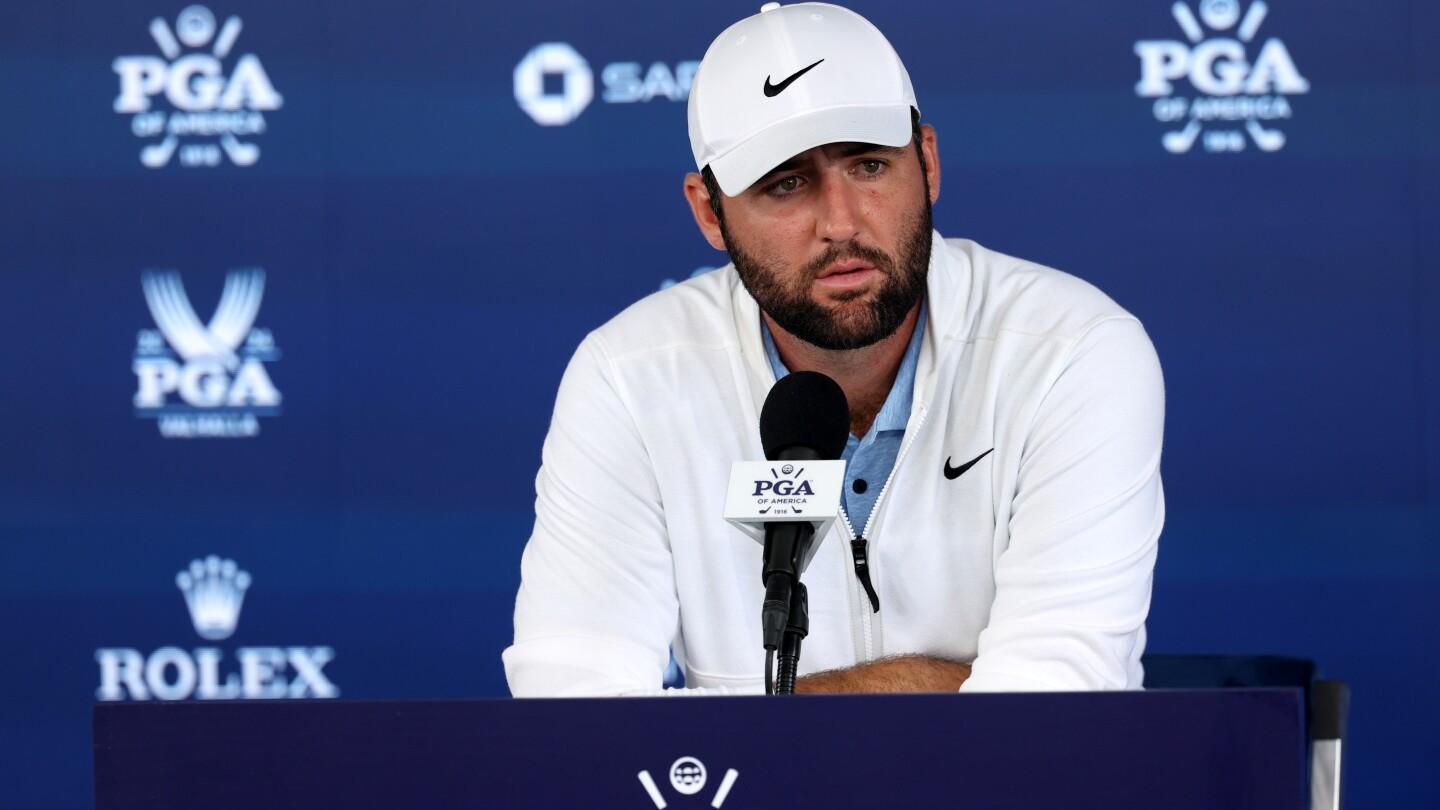
The response was immediate and overwhelming. Within hours, athletes from different sports and backgrounds voiced support. A prominent NFL quarterback reposted Scheffler’s message with the caption, “Count us in.” NBA players, including both veterans and rookies, echoed similar sentiments. Even international athletes, watching from afar, applauded the gesture as an example of sports transcending competition.
Fans, too, were quick to react. Social media flooded with hashtags calling for “One Nation, One Silence.” Messages poured in from communities across the United States, many highlighting how sports had historically played a role in healing—whether after natural disasters, wars, or tragedies. To many, Scheffler’s call was a reminder of the unifying power that athletes hold when they use their platforms with sincerity and purpose.
Critics, however, raised questions about whether sports should involve themselves in issues tied to political figures. Some argued that introducing moments of silence for polarizing individuals risked deepening divides rather than bridging them. Yet, defenders of Scheffler emphasized that his appeal was not about politics but about humanity and compassion. “It’s not about who you voted for or what you believe,” one former WNBA player noted. “It’s about pausing for one minute to recognize the value of human life.”
The patriotic undertone of Scheffler’s message also struck a chord with many Americans. His insistence that unity is stronger than division resonated in a moment when polarization dominates headlines. By rooting his request in respect for life and country, he avoided partisanship and instead tapped into a shared desire for peace and solidarity.
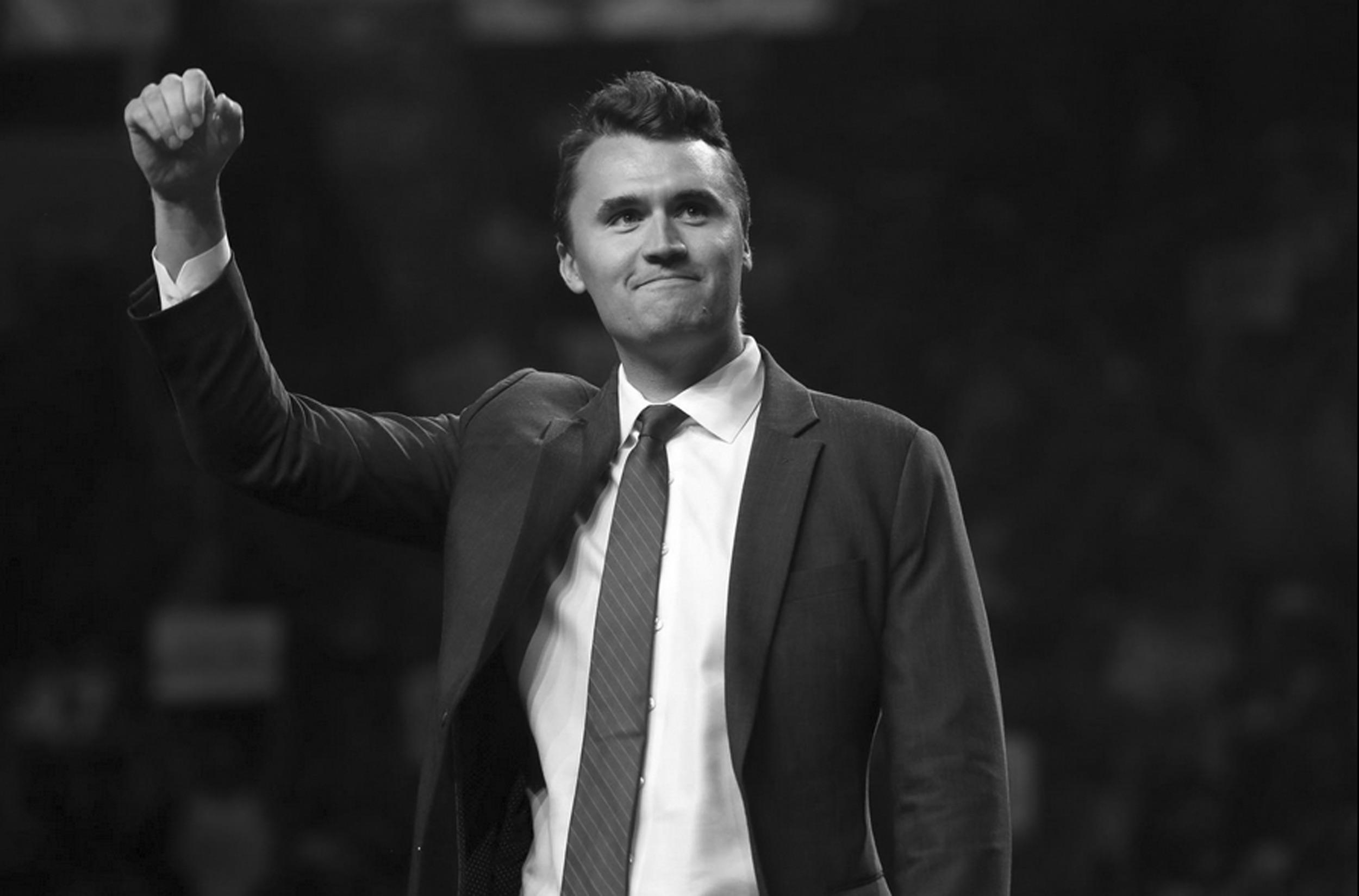
As leagues consider implementing Scheffler’s call, logistical questions remain. Will the moment of silence occur before games, during national anthems, or at a designated time across all sports? Will it be a one-time gesture or a recurring tribute? Regardless of the details, the symbolic weight of such an act is undeniable.
Scottie Scheffler’s decision to speak out may prove to be one of the defining moments of his career, not for a championship or record, but for an act of leadership off the course. In a time when many are searching for voices of reason and calm, he has shown that athletes can rise above their arenas to inspire something larger than sport itself.
For now, the movement grows. What began as a heartfelt appeal from a golf champion has transformed into a national conversation about respect, unity, and healing. Whether or not every league participates, Scheffler’s words have already left their mark, reminding the nation that sometimes the most powerful statements are made not with cheers or chants, but with silence.
